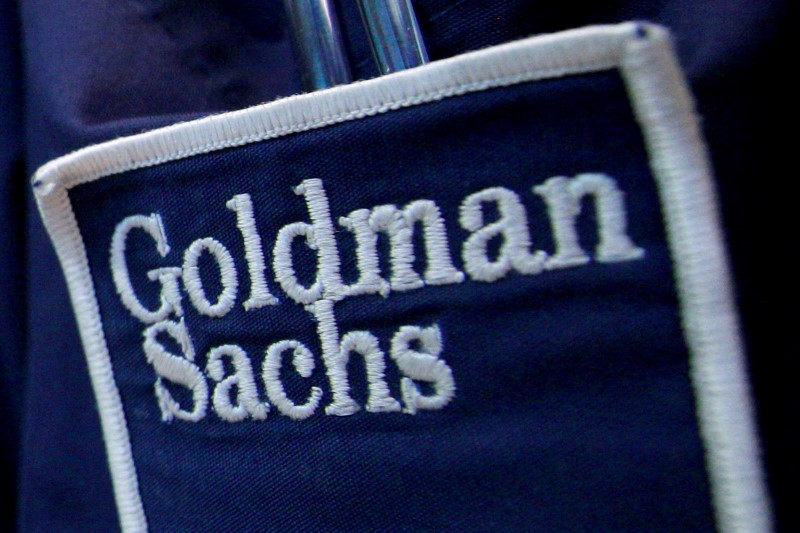This post was originally published on this site
https://i-invdn-com.investing.com/trkd-images/LYNXMPEJ09052_L.jpg
LONDON/NEW YORK (Reuters) – The hordes of supporters of Brazil’s former president Jair Bolsonaro that invaded top government buildings in the capital city were a reality check for investors in Latin America’s largest economy.
Peaceful transitions of power have followed elections since the end of two decades of military regime in 1985, but Brazil’s political polarization is increasing and will be a challenge for newly sworn president Luiz Inacio Lula Da Silva after his narrow win in the October vote.
“Disconcerting for investors” is how portfolio manager Samy Muaddi from T. Rowe Price described the events in Brasilia on Sunday, when Bolsonaro supporters invaded and defaced the Congress, presidential palace and Supreme Court buildings.
“Likely this is a temporary shock and investment outcomes will be determined by the economic policy path under Lula and broader global financial conditions,” Muaddi said.
Far from ignoring Lula’s challenges to control the risks of this institutional shock, investors and analysts said however that the focus remains on fiscal issues when assessing the new government in the long term.
“Lula will work to unify a working coalition in congress to pass legislation but will be careful not to impair his popularity with unpopular fiscal measures, potentially delaying the timeline for announcing fiscal adjustment measures,” Katrina Butt, a senior Latin America economist at AllianceBernstein (NYSE:AB) LP in New York, told Reuters.
She said lower inflation could allow the central bank to start cutting rates in the second half of the year, further boosting the economy, “but this is also connected to the new fiscal framework. If the new parameters are considered weak by the market, it could renew fears of fiscal dominance and prevent the BCB from easing.”
Discussions of the new fiscal framework are key under Lula’s administration, after policymakers have highlighted inflationary risks arising from leftist President-elect’s 168 billion reais ($32 billion) spending proposal to meet campaign promises.
“Because of the swift government response, the market impact has been limited,” wrote in a note Elizabeth Johnson, managing director of Brazil research at TS Lombard, adding the weekend violence “could reduce pressure on Lula to present an economic plan in coming weeks and could also slow the reform agenda.”
Graphic: Brazil USD bond spreads steady after weekend violence https://www.reuters.com/graphics/BRAZIL-ECONOMY/FISCAL/gkplwxgzzvb/chart.png
POLITICAL DIVISIONS
The short-term impact on markets looks contained. The real slid as much as 1.6% but clawed back most of the losses, stocks turned positive after an initial dip while credit default swaps held broadly steady.
Brazil is no stranger to political turmoil though its commodity-exposed economy and steady stewardship by central bank governor Roberto Campos Neto saw it become an investor darling for emerging market asset managers last year.
Creditors will keep an eye on the political and social dynamics in coming weeks, according to Alberto Ramos, chief Latin America economist at Goldman Sachs Group Inc (NYSE:GS).
“The violent demonstrations attest to the deep social and political polarization pre- and post-election,” Ramos told Reuters. “The unsettled and deeply divided political environment and related high social tension keeps risk premia high and could undermine overall governability.”
The spread of Brazil’s hard currency debt over safe-haven U.S. Treasuries widened on Monday to 262 basis points, pulling further away from the regular pre-pandemic levels it touched on in early December. It remains in a downward trend from the near 390 bps high of 2022.
A mobilized opposition with the “potential to turn violent” is the main conclusion from Sunday’s protests for the political risk advisory Eurasia Group. Social tension could rise if Lula’s government looses popular support in a context of greater economic difficulties, according to a report led by Christopher Garman, Eurasia’s managing director for the Americas.
Brazilian soldiers backed by police dismantled a camp of Bolsonaro supporters on Monday. Lula promised to bring those responsible for the violence to justice, after demonstrators broke windows and furniture, destroyed art work and stole guns and artifacts.
“Slowing growth, tight monetary policy, stubbornly high unemployment, and a weak fiscal balance all serve to limit the range of policy options available to the administration in coming quarters,” said Jared Lou, portfolio manager at William Blair Investment Management.

